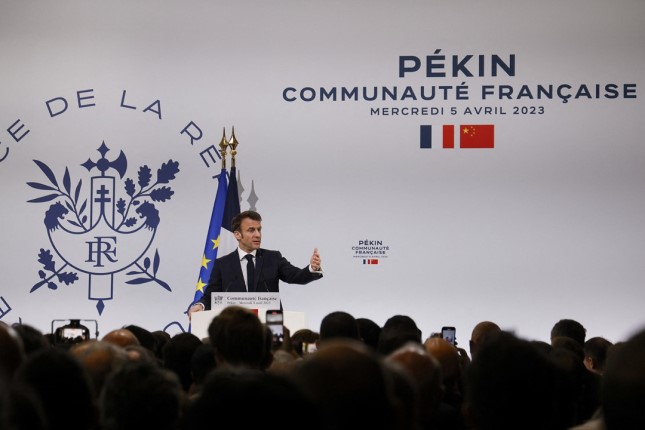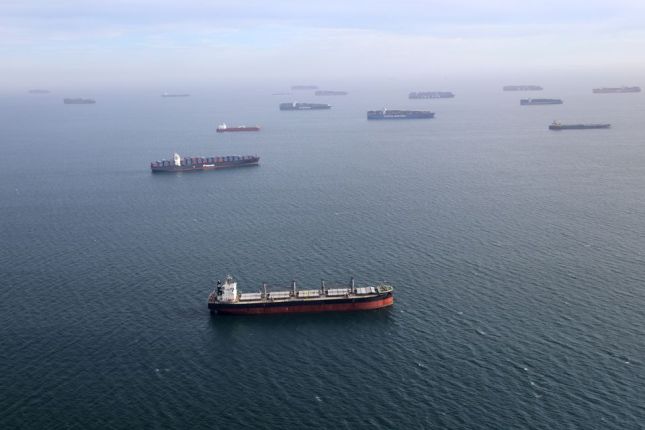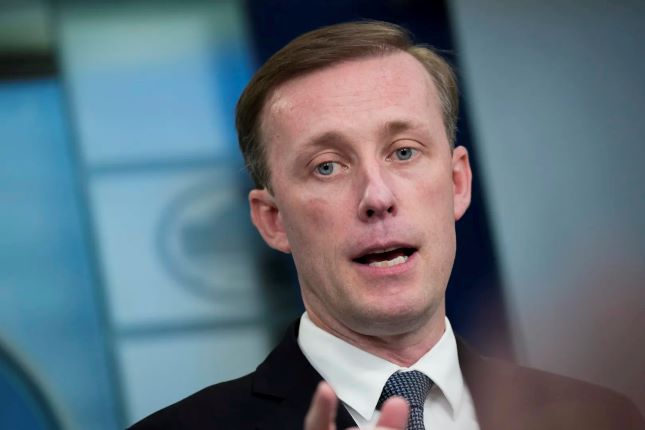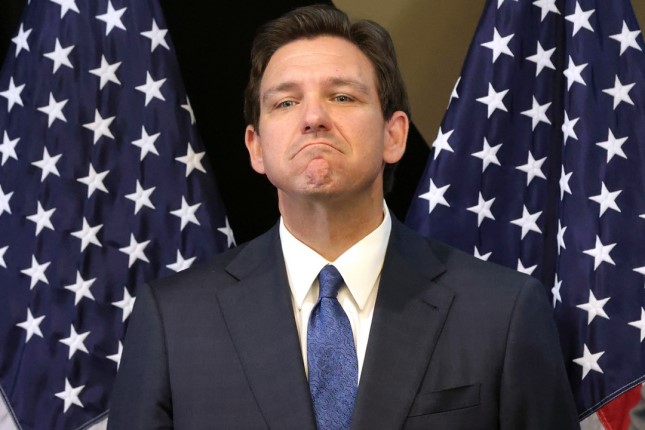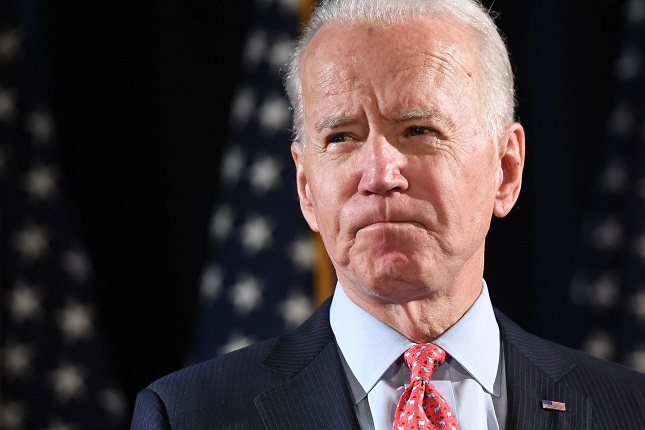French President Emmanuel Macron gave a series of interviews with the media and elaborated on the idea of European strategic autonomy in many aspects. He said that Europe must reduce its dependence on the US and avoid being caught up in the confrontation between China and the US over the Taiwan question. He urged Europe to become more committed to achieving strategic autonomy so as not to become a "vassal" of a major power amid the global crisis. He also stressed that Europe doesn't want to "get into a bloc versus bloc logic."
This is obviously a result of Macron's long-term observation and reflection. In addition, this is a view representative of Europe's insightful people in the face of the continent's current complex and severe internal and external situation, pointing out a relatively objective and rational path and direction in line with Europe's own interests. In the eyes of normal people, a European leader's emphasis on protecting European interests should not have become "news." But in the US and the West, many people act as if this has stepped on their tails and show a strong sense of discomfort and even fury. Such an abnormal reaction confirms Macron's statement that strategic autonomy is "Europe's struggle."
Macron's reasoning is not complicated, and his attitude is clear-cut. From the perspective of a bystander, it undoubtedly helps Europeans to figure out their understanding of their own interests and the boundaries of European-US relations, so that they can make the right choices at the crossroads. The numerous criticisms over Macron attempt to divert people's attention, weaken the impact of his successful visit to China, and prevent this European introspection ignited by Macron from going deeper. These criticisms and accusations are very cheap and not worth refuting, but the amplified noise created by them does create pollution. Some people want to construct a false Europe in public opinion to cover up the real voice and interests of Europe.
The strongest criticism against Macron comes from the US as well as Central and Eastern Europe. This is not difficult to understand, but deserves vigilance from the Europe. Central and Eastern European countries are at the forefront of the Russia-Ukraine conflict and have particularly severe security concerns, which has led to more radical foreign policies. But the dissatisfaction of the Americans with Macron reveals the true face of the US. US Senator Marco Rubio released a video of over two minutes, in which he repeatedly questioned whether Macron speaks for all of Europe and stated that if Europe is not going to pick sides over the Taiwan question, the US will focus on the "threats China poses" and "you guys handle Ukraine and Europe." He also demanded that France or Europe provide an answer quickly. These blatant statements cannot be called criticism or opposition anymore, but are Washington's completely undisguised bullying and coercion.
Washington has a strong desire to control Europe, which is why Macron's emphasis on European strategic autonomy is seen as a form of "betrayal." To put it plainly, on many occasions, the US is viewing Europe as a henchman. When it needs Europe to take action against Russia, Europe has to stand on the line of fire; when it needs Europe to cooperate in suppressing and containing China, Europe must follow its lead.
When this boundless desire for control becomes natural, it often unintentionally manifests itself in the words and deeds of American political elites. The US is not shy about this fact. For example, conservative American historian Robert Kagan once described the relationship between the US and Europe as the following: Americans are from Mars, the dominant party, while Europeans are from Venus, the weaker party. Americans take care of the "cooking," while Europeans are responsible for "doing the dishes." Washington's proclaimed "alliance friendship" implies that Europe must completely depend on and submit to American hegemony, without any respect or equality.
The US' geopolitical role assigned to Europe is structurally contradictory to Europe's pursuit of strategic autonomy. Macron's visit to China this time and his remarks on European strategic autonomy have reminded people of former French president Charles de Gaulle. After World War II, the Cold War quickly began, and de Gaulle strongly advocated for strategic autonomy, withdrew from NATO's integrated military structure and established diplomatic relations with China. This also made the US very unhappy and caused great controversy in Europe. However, history has proven de Gaulle's clarity and wisdom. De Gaulle established France's independent political tradition and won France the major power status. Today, it does not take long to verify Macron's understanding of European strategic autonomy.
Europe will not lose friends because of sticking to strategic autonomy, but will only gain more respect and have the ability to better maintain its interests and strategic balance in the international arena. If even controlling one's own fate is a mistake, then Europe will have no hope. Once again, Europe is standing at a historical juncture. Whether to revisit and carry forward Gaullism or choose confrontation, we believe the continent will make the right choice.
Photo: French President Emmanuel Macron speaks during a meeting with China's French community at the residence of France's ambassador in Beijing on April 5, 2023 © AFP.
Source: The Global Times.
